The release of Big Country’s first single 40 years ago marked the start of a musical journey that would propel the Fife band to global stardom.
Harvest Home was written in a Dunfermline community centre in 1981 and would become one of the most important songs in the band’s career.
The song has remained a staple in Big Country’s live sets ever since.
The story of Big Country began in the Fife mining village of Crossgates when Beath High pupil Stuart Adamson’s father bought him an acoustic guitar for his 11th birthday.
He was completely self-taught and wrote his first song aged 13 before forming a covers band called Tattoo at 14, which used to rehearse in the local Miners’ Welfare Institute.
The Skids formed in 1977
Adamson left Beath High in Cowdenbeath with eight O-levels and four Highers and formed a punk band with Richard Jobson in 1977 that became The Skids.
Fame came quickly over the next couple of years with Jobson/Adamson-penned classics including Into The Valley, The Saints Are Coming and Masquerade.
Adamson left the band in 1981 after disagreements with Jobson and hooked up with guitarist and long-time friend Bruce Watson and started writing songs.
Adamson and Watson would practice in a community centre in Dunfermline armed with guitars, a drum machine, keyboards and four-track recorder.
An early Big Country line-up featured Clive Parker and brothers Pete and Alan Wishart but they were soon replaced by bassist Tony Butler and drummer Mark Brzezicki.
Long-time fan Andy Inkster, a voice of authority on Big Country from Australia, said the classic line-up had only been together a few months when they went into the studio to start recording.
He said: “At AIR Studios in London in June 1982 and under the watch of renowned producer Chris Thomas, Big Country started to put down some tracks.
“One of those would go on to be released as Big Country’s debut single – Harvest Home; one of the very first songs written in that community centre 12 months earlier.
“While the album recording session would eventually be scrapped after it was felt Thomas wasn’t fully committing to the band as he was undertaking production duties with Elton John at the same time, it did give Phonogram enough songs from which to choose a debut single.
“Songs considered for the first single also included 1,000 Stars and Heart and Soul but it was Harvest Home that was considered the best representation of this new band.
“The song was accompanied by a promo video, shot at Wapping in London, that showed the band members enjoying a picnic of sorts before setting fire to the area then walking into an abandoned warehouse where their instruments were waiting!”
Harvest Home sold 6,000 copies
Harvest Home was released on September 17 1982 on 7-inch with B-side Balcony and instrumental Flag of Nations (Swimming) as a further track on the 12-inch.
The band toured the single heavily up and down the country in small clubs but the track limped into the chart at just 91 after selling a mere 6,000 copies.
Harvest Home established the core of the Big Country sound before Thomas was replaced by Steve Lillywhite who had just finished recording U2’s breakthrough album, War.
Lillywhite was called in to work on Fields Of Fire, Big Country’s second single, which made the Top Ten on its release in February 1983.
The subsequent Lillywhite recording sessions saw Harvest Home tightened up and its power really shine on the band’s 1983 debut album, The Crossing.
The album went on to sell more than two million copies worldwide.
In a Smash Hits interview in 1983, Adamson would have this to say about Harvest Home: “It’s all about the Highland clearances after the Battle of Culloden.
“Scotland became a wasteland and the same sort of thing is happening today.
“The oil boom has burst and now there’s a lot of workers up there living in caravans, shivering with nothing to do.
“Scotland’s always been plagued by hardship.”
Andy broke it down further.
“Harvest Home was really the first song utilising a style Big Country would become renowned for over the source of its career: dark lyrics backed by uplifting music.
“As much as the message of: ‘Just as you sow, you shall reap,’ is one of positivity, the story of the song itself draws from darker times.
“From a songwriting point of view, Harvest Home is telling the story of how hardships affected the working person – the farmers, the ones working the land for their living, so it is a blend of historical events infused with what he saw happening in Scotland at the time.
“Live, the song has always been a favourite, being a staple of the live sets in the early days and throughout the years only missing a few tours in the band’s 40-year history.”
Stuart Adamson died in 2001
Second album Steeltown went to number 1 in October 1984 and Adamson’s lyrics would articulate the plight of Britain’s embattled working class.
The band’s third album, 1986’s The Seer, was another big success in the UK.
Grammy Award nominations, support slots with The Rolling Stones and tours with the likes of Led Zeppelin’s Jimmy Page and Robert Plant all followed.
Driving To Damascus, released in 1999, was the band’s eighth studio album, before Adamson put Big Country on the backburner in 2000 after moving to Nashville.
He intended to work with Big Country again.
Sadly, it was not to be.
He died in Honolulu in 2001 at the age of 43.
Big Country have always been the people’s band and Tony Butler, Mark Brzezicki and Bruce Watson reunited in 2007 to celebrate the band’s 25th anniversary.
They put the band back on the road in the summer of 2010 with Watson’s son, Jamie, joining on guitar, and Alarm singer Mike Peters asked to sing Adamson’s lyrics.
Further line-up changes happened when Butler retired and Peters left but the band are still filling venues from across Europe and Australia to hometown Dunfermline.
The single Harvest Home laid the ground rules for the sound of Big Country and the band will celebrate The Crossing with a 40th anniversary tour in 2023.
The last word must go to Andy.
He said: “While Harvest Home may not have the chart accolades and recognition of Fields of Fire, Chance, or Look Away, it kickstarted a creative streak of unique-sounding songs and albums that would propel the band’s music to every corner of the globe.
“Songs that are a part of our fabric to this day.
“Harvest Home is right up there with the very best of Big Country.”
More like this:
Eddi Reader: My early years with the Eurythmics on the road to Top of the Pops
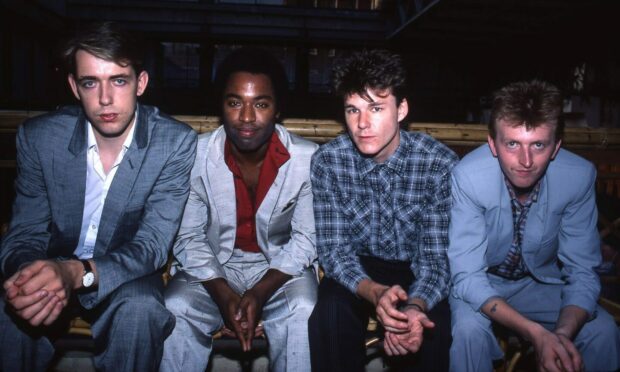
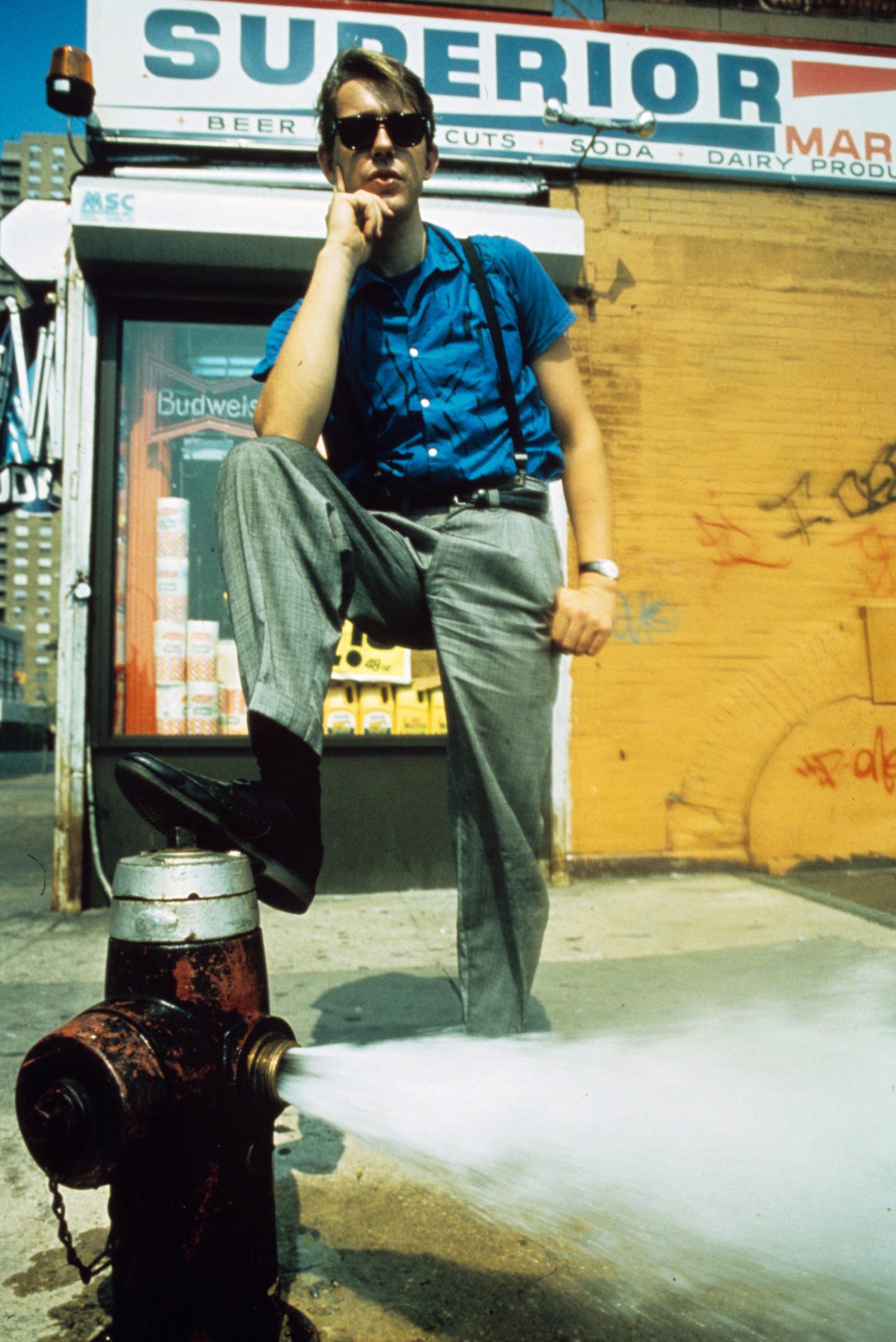

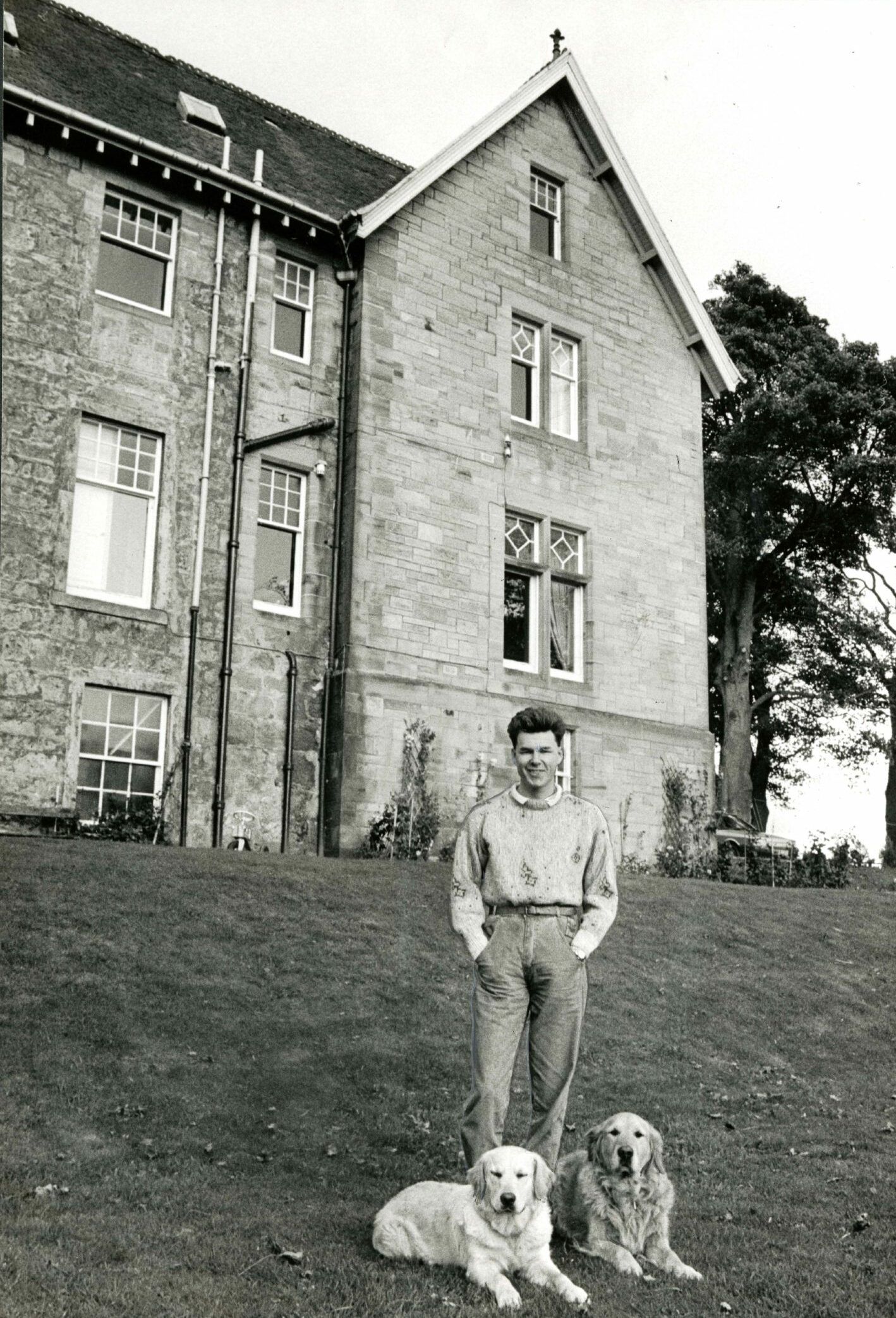

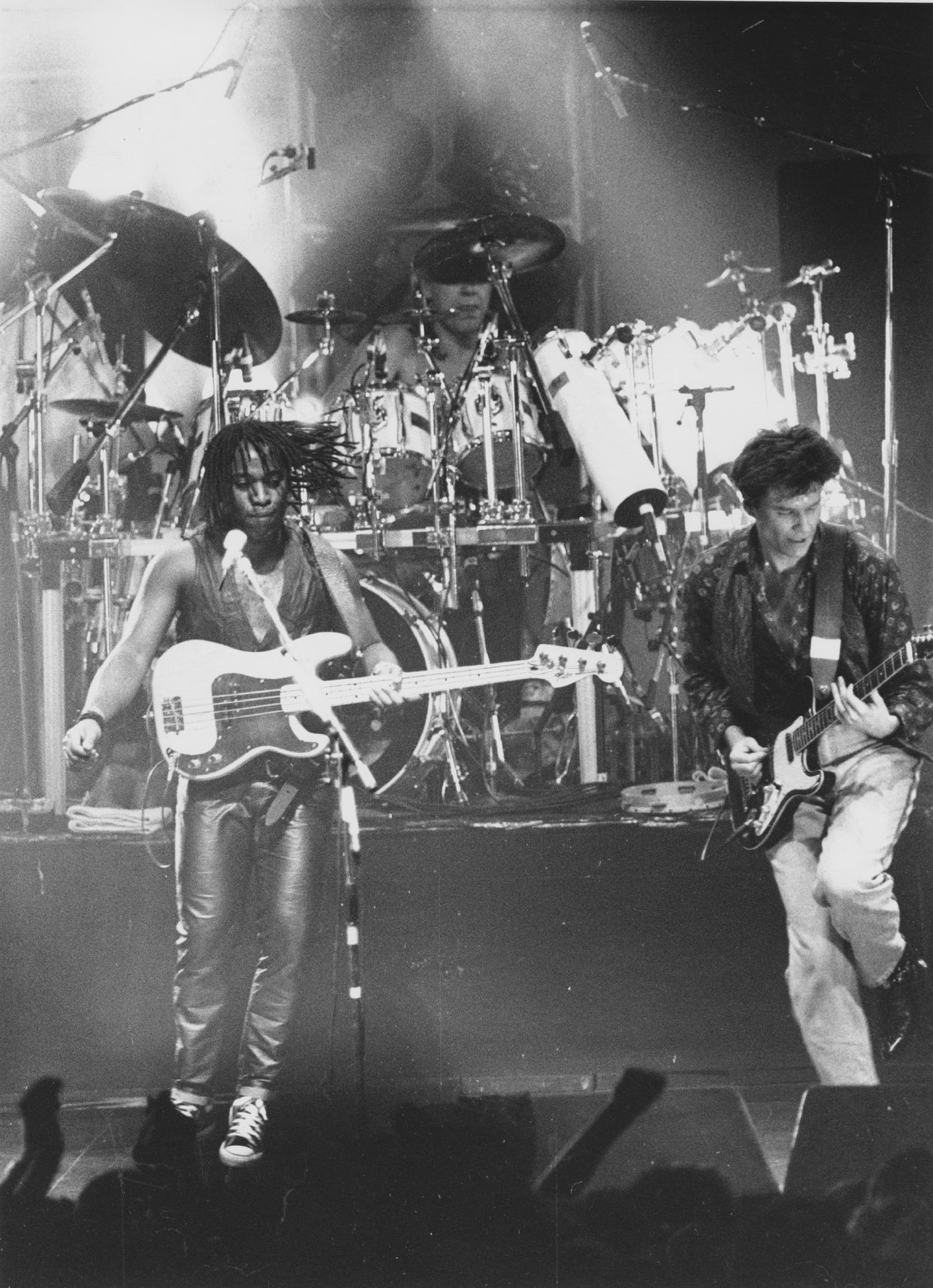

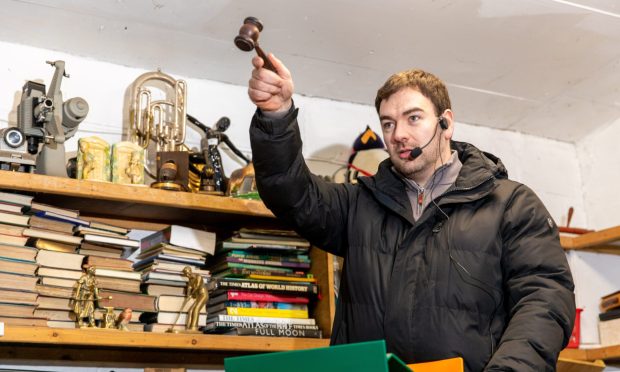



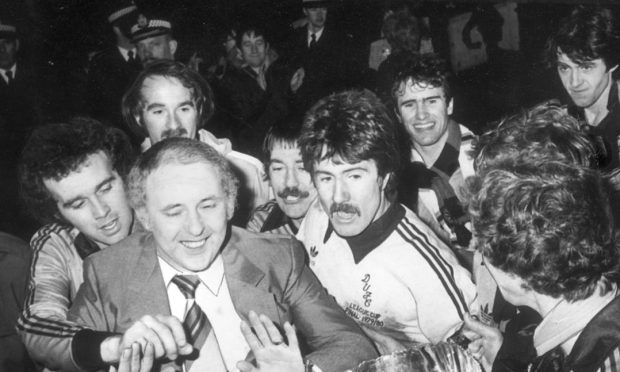


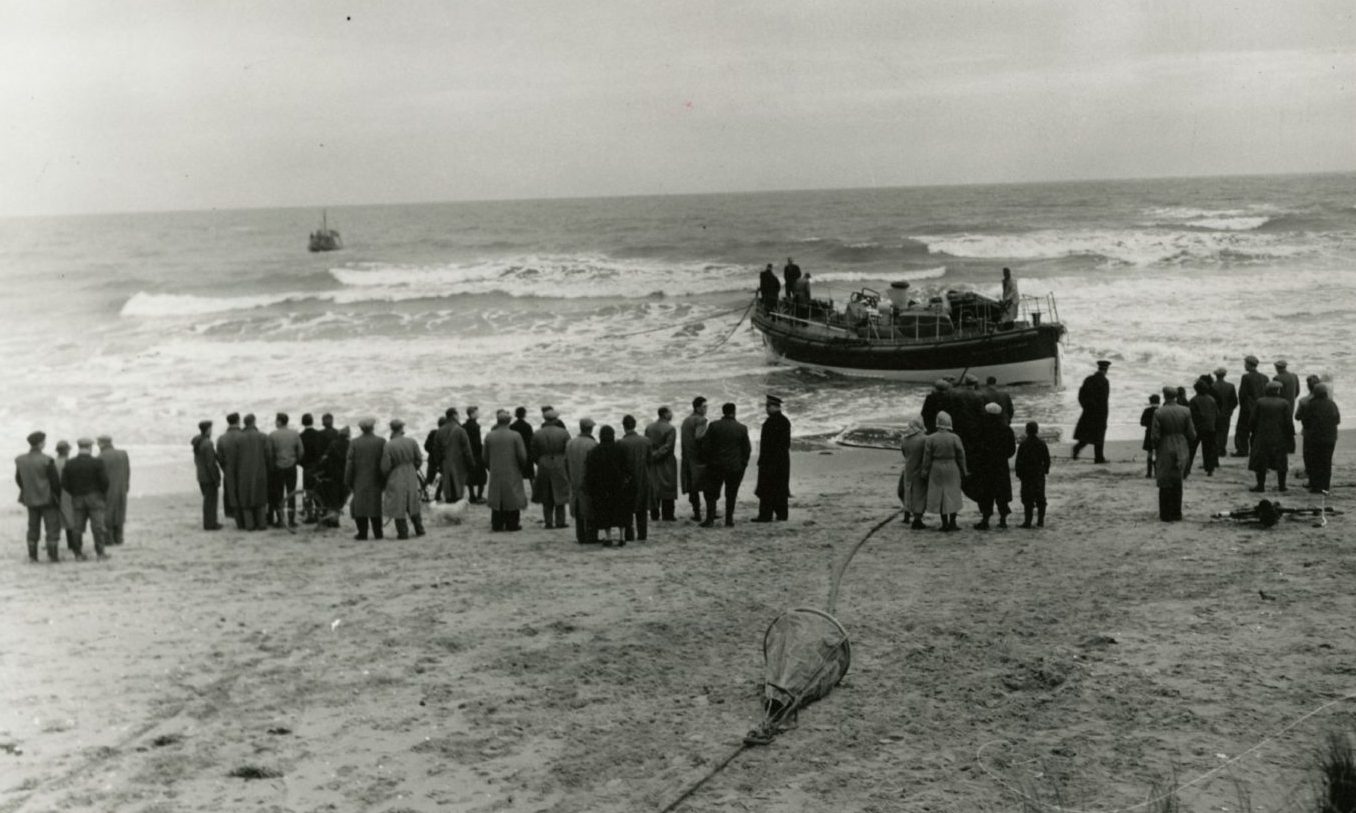
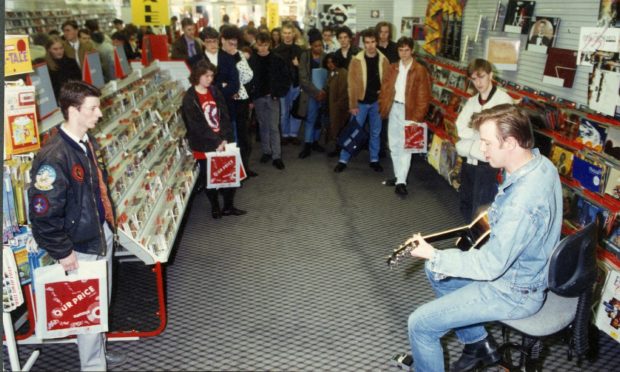
Conversation